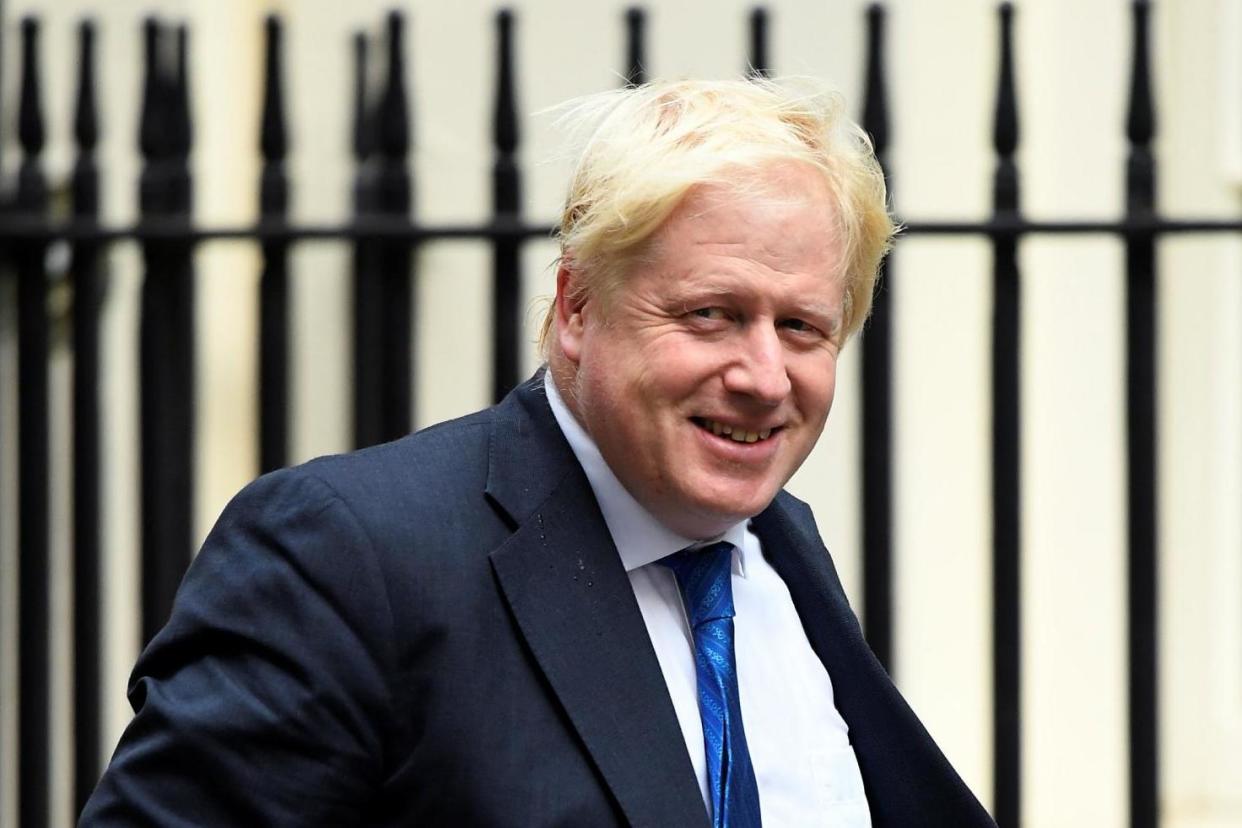Boris Johnson 'warns he wants no more new EU laws from 2019'

Boris Johnson has sought guarantees that Britain will not adopt any new EU law during a proposed two-year transition period for Brexit, according to reports.
After Theresa May used a speech in Florence on Friday night to outline the two-year transition phase to kick in when Britain leaves the EU in March 2019, the Foreign Secretary was said to be concerned about how exactly it would work.
The Sunday Telegraph reports that though he publicly backed the plan - which Mrs May said would see free movement and EU payments continue until 2021 - Mr Johnson did not want the Government to accede to any further legislation from Brussels in that period.
Mr Johnson thought it was not right for new Brussels rulings to apply to Britain because the UK will no longer have any say in decision-making, according to the newspaper.
"There should not be any new regulations during that period. We should uphold those we have already but not take any more," one ally of Mr Johnson was quoted as saying.
A Cabinet source meanwhile told the Sunday Telegraph: "Boris will be one of those Cabinet ministers pushing to make sure we don't have any new EU rules and regulations during the transition."
Mrs May has said Britain will follow the "existing structure of EU rules and regulations" during the transition phase and refused to rule out the adoption of new legislation when asked.
The Treasury is meanwhile understood to prefer a transition that maintains the status quo.
In her landmark address last week, Mrs May vowed to protect EU nationals living in Britain as she pledged to build a “trustful” relationship with the EU post-Brexit.
The Prime Minister reiterated the UK’s desire to leave the single market, but promised to build a “new economic partnership”.
She admitted negotiations so far have proved challenging, highlighting issues such as the Irish border and EU nationals living in the UK.
But the Prime Minister remained adamant that Brexit was a time of “optimism” for both the EU and Britain, saying both share a "deep, historic belief in the same values".

 Yahoo News
Yahoo News 
